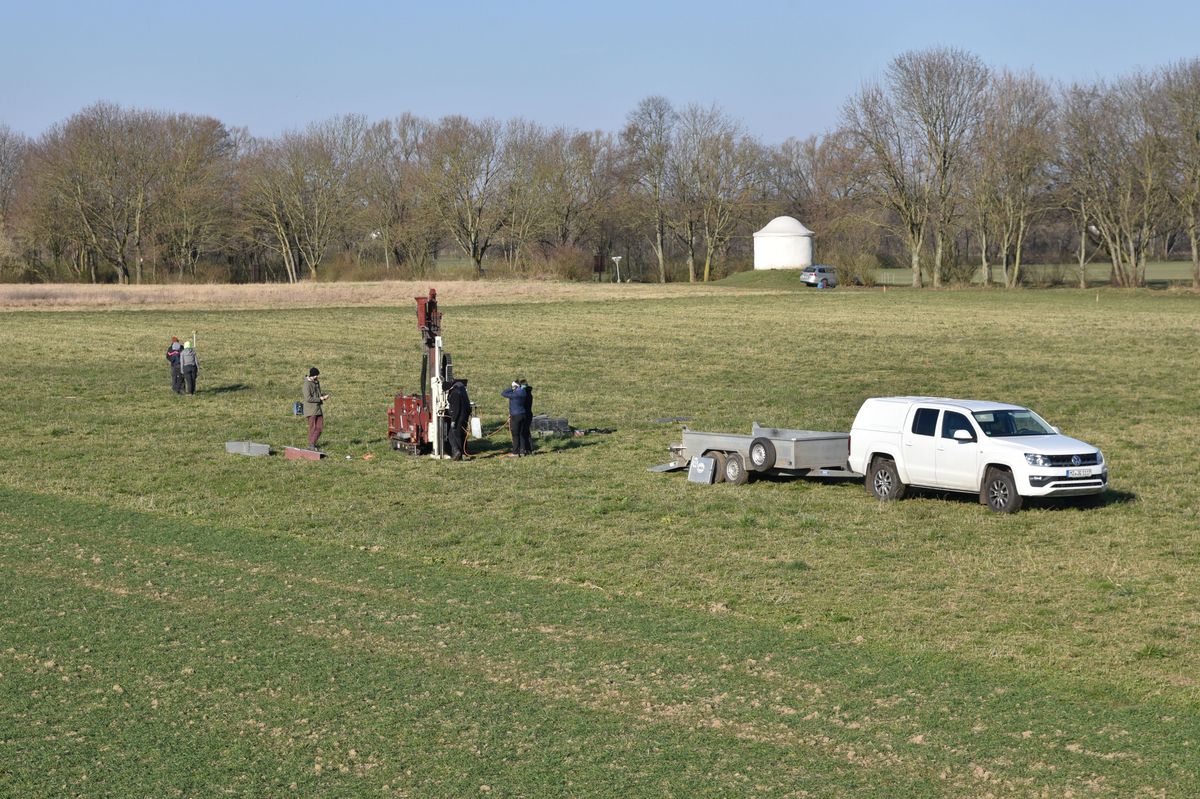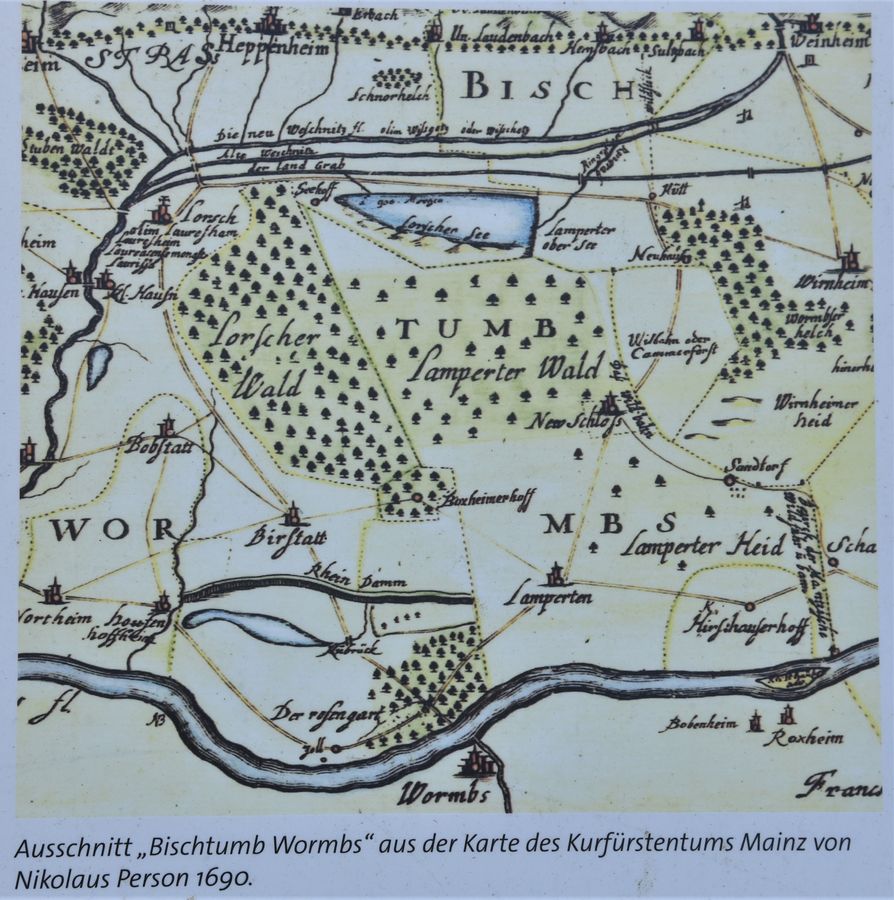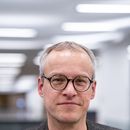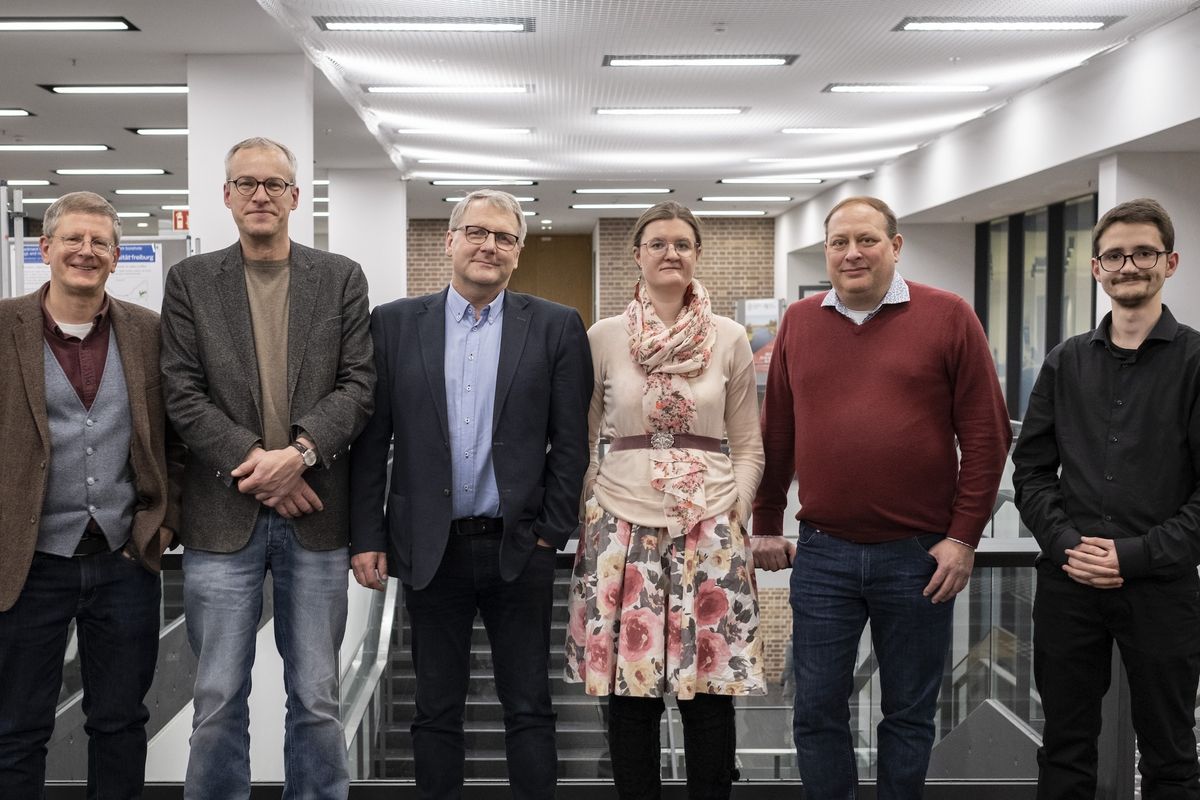The River Weschnitz Fluvioscape and its Interaction with the Lorsch Abbey
Weschnitz Fluvioscape
The Weschnitz Fluvioscape collaborative research project studies the Weschnitz floodplain on its way to a Fluvial Anthroposphere, mostly formed by the Lorsch Abbey (UNESCO World Heritage Site, Federal State of Hessen) and its secular successors. The study area encompasses a medium scaled tributary of the River Rhine system and offers, as a hotspot of sensitive socio-environmental changes, an excellent key area to study social and natural processes and their interaction on the longue durée.
Major Aims and Research Area
Within the framework of the project, environmental historians, physical geographers and archaeologists work closely together on historical documents, maps, artefacts and sedimentary archives, in archives and libraries, in the field and in the laboratory, using modern and innovative methods, and operate a joint data management. This procedure enables a systematic overlay and analysis of all data as a base for reconstructing and modelling the Weschnitz Fluvioscape. The unique codices of Lorsch Abbey and the well-studied history of the abbey offer an excellent starting point to expand research on human-environmental interactions from the foundation in 762 AD onwards until the less researched Late Medieval and Early Modern period. High groundwater table and episodic flood events represented major challenges for human land and water use, settlements activities and the crossing of the river. We hypothesize that these challenges provoked river diversions, channel, dam and bridge constructions, and flood reduction measures. In addition, various conflicts between stakeholders from farming, fishing and inland navigation, as well as milling, mining and tanning activities with associated impact (e.g., pollution) are documented from the Weschnitz Fluvioscape. We therefore hypothesize that stakeholders managed these challenges and conflicts by manipulating and engineering the river and its floodplain into a highly artificial fluvioscape. The present landscape is still highly controlled by these past human impacts, also affecting modern issues such as nature conservation, cultural heritage and land reclamation aspects.
Methodological Approach
By joining human-environmental information, the Weschnitz Fluvioscape project identifies, quantifies and classifies why, when and how people decided to transform stepwise a quasi-natural setting into the present Weschnitz fluvial anthroposphere. We aim to better understand how local and regional stakeholders became significant controlling factors. Overall, the project will evaluate the impacts of anthropogenic, climatic and hydrologic events, and the vulnerability and resilience of this specific multifarious and dynamic socio-natural fluvioscape by the use of a highly interdisciplinary multi-method approach.







